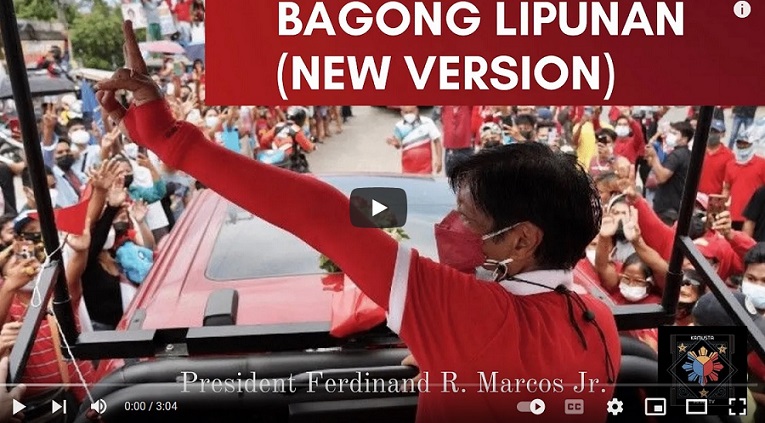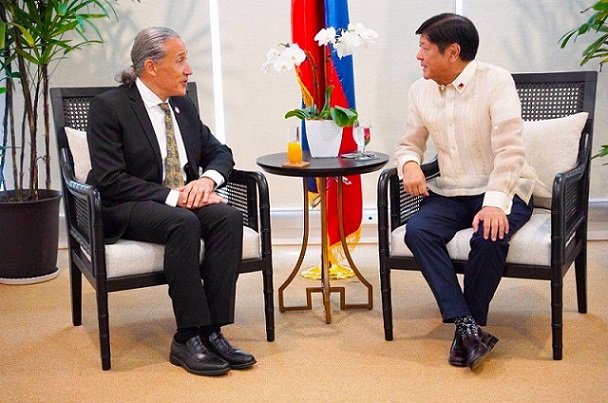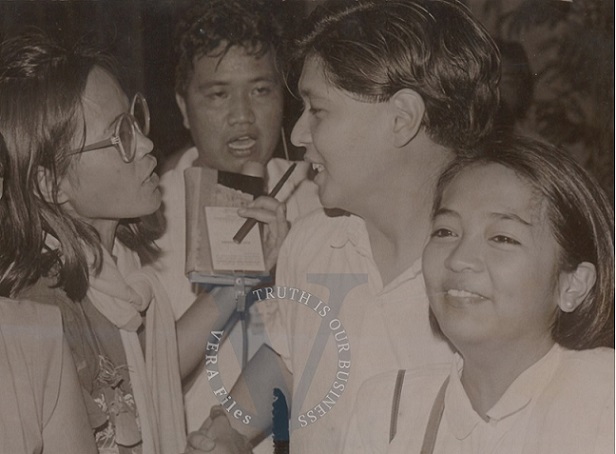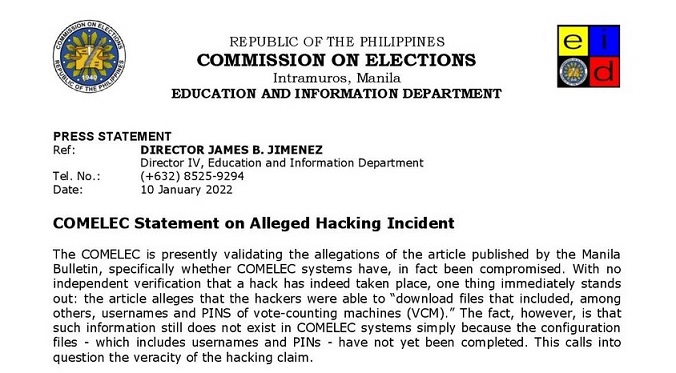 Amidst the preparations for the June 30 inauguration of Ferdinand Marcos Jr as the 17th president of the Philippines, I’m still dreadfully in awe of the thoroughness of the brainwashing operations that the Marcos family undertook to achieve their rehabilitation in less than four decades.
Amidst the preparations for the June 30 inauguration of Ferdinand Marcos Jr as the 17th president of the Philippines, I’m still dreadfully in awe of the thoroughness of the brainwashing operations that the Marcos family undertook to achieve their rehabilitation in less than four decades.
Historian and political analyst Manuel L. Quezon III shared in a talk with VERA Files how meticulous the rehabilitation process was. We all blame social media which the Marcoses have mastered but Quezon said their analog or non-digital work was as amazing.
“Yung favorite example ko yung mga ginawang writing exercise book na pinamimigay sa mga Grade 2 or Grade 3 ba yun so di ba kokopyahin mo yung sentence para matuto ka magsulat at ang mga example na kokopyahin ng mga bata ‘Ferdinand Marcos was the greatest president ever’ or ‘ no one loved the Philippines more than Ferdinand Marcos.’ Ganung klaseng brainwashing. Di ba analog yun libro.”
(My favorite example is the writing exercise they did for Grade 2 or Grade 3, where you copy a sentence for you to learn how to write and the examples that the children copies was “Ferdinand Marcos was the greatest president ever” or “No one loved the Philippines more than Ferdinand Marcos.” That’s the kind of brainwashing. Book are analog, aren’t they.)
That shows the depth and breadth of the Marcos influence I our society and institutions. Many in our education system are loyal supporters of the Marcoses.
Quezon also said Imee Marcos put up the Ferdinand Marcos presidential center that compiled books narrating the accomplishments of the elder Marcos. Those who want to get a certificate for the Tallano gold buy those kinds of books.
And of course, the powerful language of music.
Quezon said one of the things that he looked into in the rehabilitation of the Marcoses was the Martial Law anthem, Ang Bagong Lipunan composed by National Artist for Music Felipe de Leon Sr and lyrics written by National Artist for Literature and music Levi Celerio.
Quezon said the rock heavy metal version of Bagong Lipunan was first began to be heard again 10 years ago in in Batac Ilocos Norte where Grade 2 pupils were seen dancing to the Martial Law song. Later, it was being played outside the Ilocos Norte.
In many provinces, people were marching to the beat of Bagong Lipunan being played by bands. People didn’t associate the song with the grim history of dictatorship.
Quezon said there was a second wave of the revival and propagation of the Bagong Lipunan song after 2016 when Imee ran for senator in 2019.
In 2020, there was the third wave. Even with the pandemic, the song was being played as far as Bicol, Makati and other places in the country, Quezon said.
“Nang lumabas yung electric guitar version remake ng Bagong Lipunan song, earworm na siya sa kabataan, sa buong bansa,” he added.
(When the electric version of eh Bagong Lipunan song was released the young people in the whole country was already earworm.)
(Please listen to VERA Files podcasts, What the F? https://verafiles.org/articles/pano-nanalo-si-bbm-ang-2022-rendition-ng-bagong-lipunan; https://verafiles.org/articles/pano-nanalo-si-bbm-unity-unity-unity; https://verafiles.org/articles/pano-nanalo-si-bbm-siga-nation-vs-tindig-nation)
But despite these thorough, creative Marcos rehabilitation efforts, Quezon noted that a Marcos popularity rating did not go beyond 35 percent – not assuring enough to reclaim Malacañang.
‘’ It took the combination of forces yung unique combination of forces na pwede lang maganap dahil gumuho na ang gitna. Merong north and south alliance for the first time since before martial law, dun sumipa.“
( It took the combination of forces yung unique combination of forces that can only happen when the center collapses. There was a north and south alliance for the first time since before martial law, That’s when it kicked off.)
From then, no political aspirants got near the Marcos- Duterte tandem in the surveys.
And who was responsible for that winning alliance? Gloria Macapagal Arroyo.
What’s in this for the former president and now back as representative of Pampanga’s 2nd district?
Definitely not love and admiration for the son of a man who defeated her father in the 1965 presidential elections. In fact, GMA has not been shy in her support for the incoming vice president, Sara Duterte-Caprio.
With the sly and cunning GMA on his side, BBM is not in an enviable situation. Borrowing a line from Shakespeare, uneasy lies the head that wears a crown.



